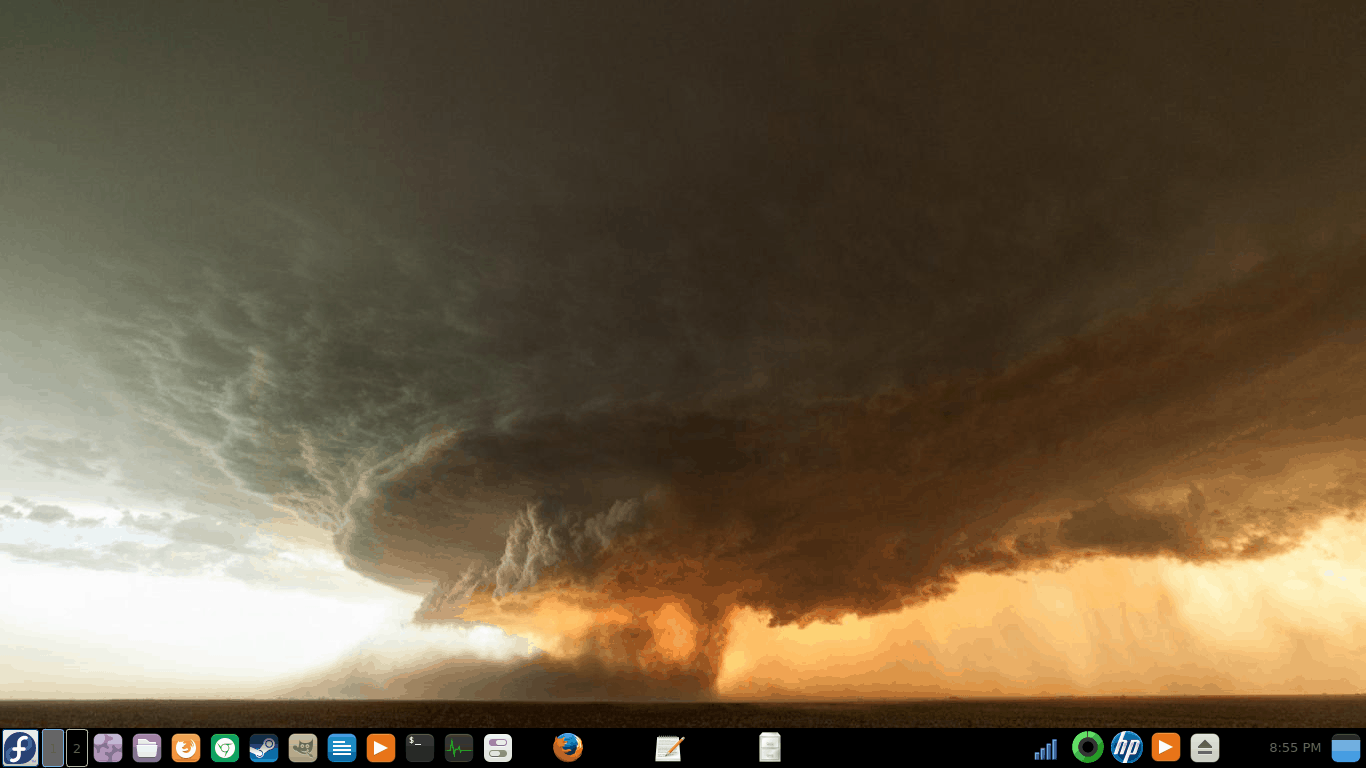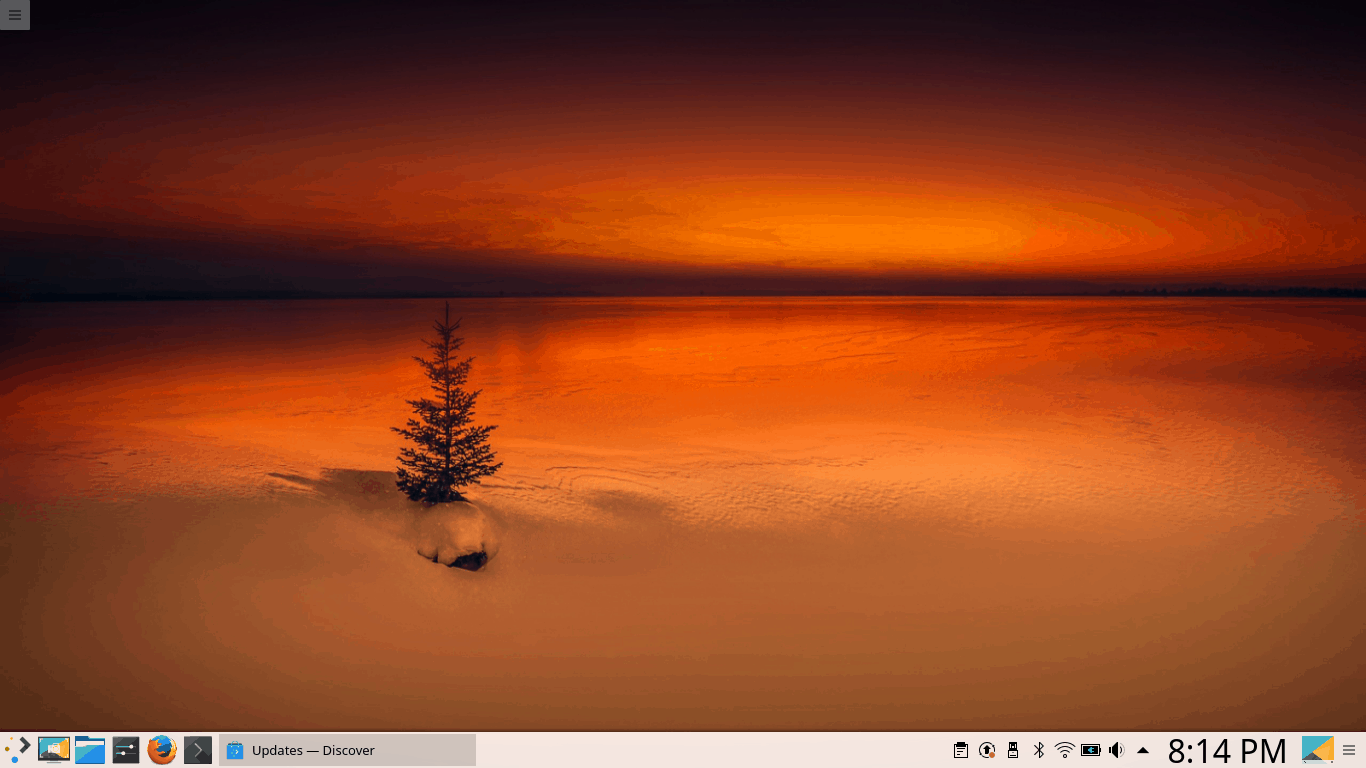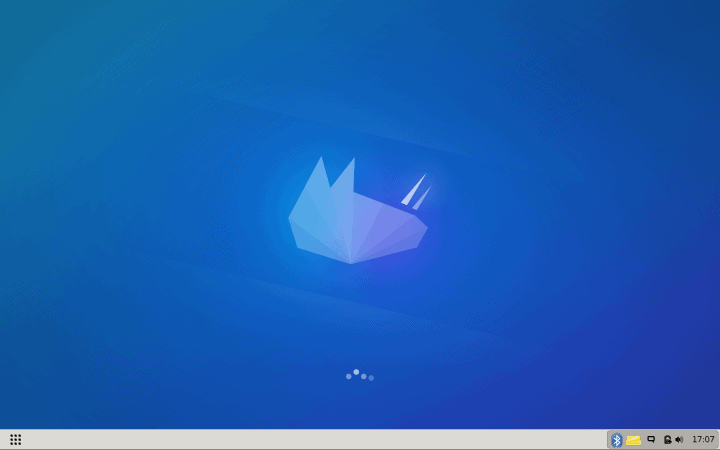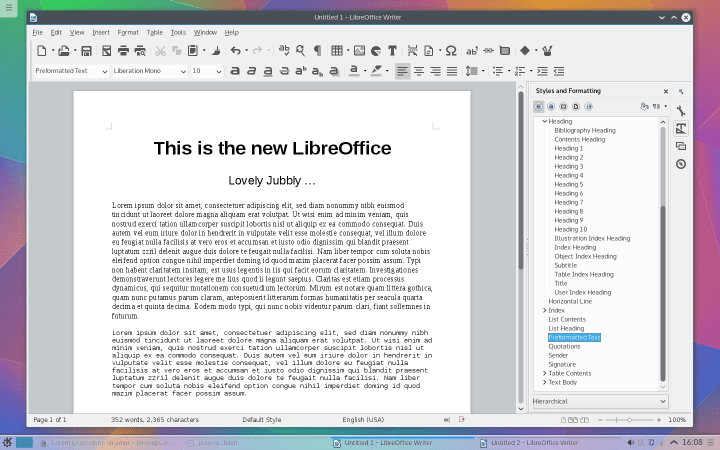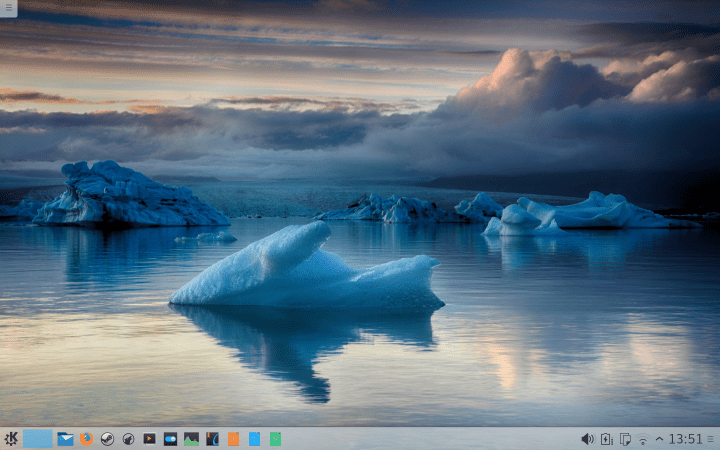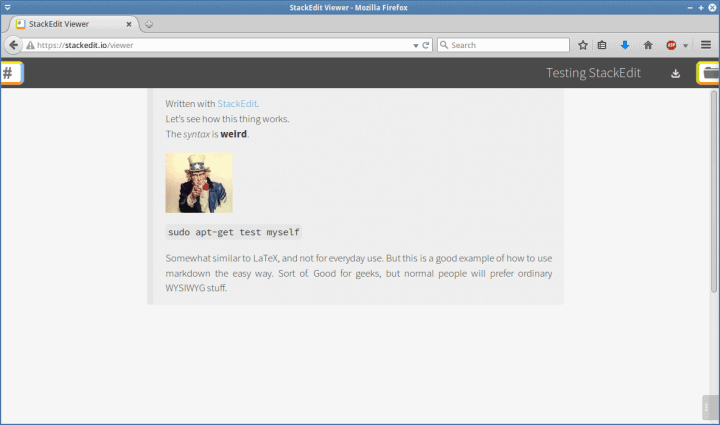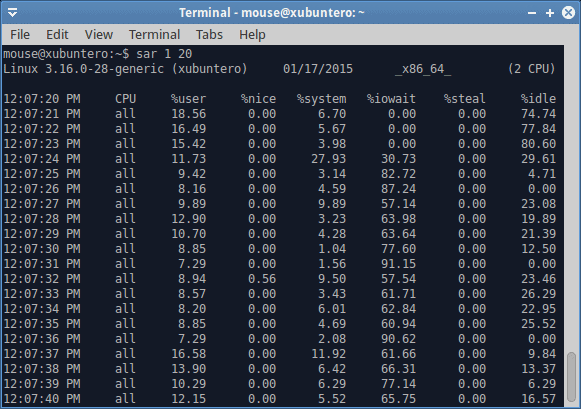LXQt usability review – We got a long way to go
February 27th, 2017 by Dedoimedo
And a short time to get there, I’m east bound, just watch LXQt run. Yes. In a fashion similar to my rather exhaustive review of Plasma a bunch of weeks back, I am now going to give LXQt its due spin, rinse and ironing. Brace yourselves, or rather, grab some food and drink, for it shall be long. Now why LXQt? Because it has a history richer than the Kingdom of Navarre. We have a desktop environment that is a culmination of two separate projects, LXDE and Razor-qt, both of which underwent the Dedoimedo massage treatment in the past. Moreover, we… Continue Reading
The State of Plasma
February 17th, 2017 by Dedoimedo
Over the years, my experience with KDE can best be described as a rollercoaster – on ice, with rocket thrusters. KDE3.5 was a great release, followed by a somewhat mellow, emotionally curbed KDE4, which took years blossoming, and then when it finally gained solid form, it was replaced with KDE5, or rather, Plasma 5. Since 2014, Plasma has kept me entertained and disappointed in equal measures. At some point, I had it crowned my favorite desktop, and then it went downhill steeply, fast, struggling to recover. Not helping was the slew of bugs and regressions across the distro space, which exacerbated… Continue Reading
Budgie Desktop – A new kid on the block
February 21st, 2015 by Dedoimedo
Every few months or years, a new desktop environment is born in the Linux world, sometimes as an act of rebellion, also known as cutlery (forking), sometimes in order to replace an outgoing technology, and sometimes because. Several days ago, I came across Budgie, a new project and the flagship desktop for the Evolve OS Linux distribution. In general, Evolve OS is a brand new operating system. Rumors tell it has some roots in Gentoo, Pardus and friends. We are going to discuss the latter at a later time, but for now, it is time to explore Budgie. It is based… Continue Reading
LibreOffice 4.4 review – Finally, it rocks
February 16th, 2015 by Dedoimedo
LibreOffice is the flagship office suite for Linux. It’s also quite popular with Windows users. As a free, open-source and cross-platform solution, LibreOffice allows people to enjoy the world of writing, spreadsheets, presentations and alike without having to spend hefty sums of money. The only problem till now was that it didn’t quite work as advertised. Microsoft Office support was, for the lack of a better word, lacking. Version 4.4 is out, and it promises a great deal. A simplified interface, new looks, much improved proprietary file format support. Sounds exciting, and as someone who has lambasted LibreOffice for this… Continue Reading
Plasma 5.2 review – Fire all weapons!
February 7th, 2015 by Dedoimedo
Today is going to be an exciting day. We will be testing the official release of Plasma, on top of an early version of Kubuntu. This shall be a teaser of what we might expect to see in April. Given my excellent experience with a beta release on top of Utopic last year, my hopes and expectations are very high. Plasma 5 has the potential to revitalize the Linux world, it’s that important and meaningful. Of course, we must not forget that applications play their critical role, but if you need to sell your product, the first look, the very… Continue Reading
HTML, the plot thickens
January 30th, 2015 by Dedoimedo
After I wrote my review on several WYSIWYG editors that Linux folks might want to use to hone their HTML and CSS skills, I got several aggressive suggestions for additional products and tools. It was an offer I could not refuse, and you might want to narrate this in a slightly asthmatic voice of Marlon Brando, plus the accent. Today, we shall expand. And the interesting part it, we’re going deep space, into the Nerdon Nebula, where you get to meet LaTeX-like syntax and similar cool stuff. But the idea is, you will gain a big, fat notch on your… Continue Reading
SAR to the rescue
January 19th, 2015 by Dedoimedo
If the first thing that comes to mind when you see the letters SAR is Search & Rescue, helicopters, whatnot, then you are militarily inclined, may have been a member of armed forces, and/or played too many PC flight simulators, which is all good and fine. But it stands to logic, does it not, that a Linux system profiling designed to shed insight into system performance issues would be named the same way. SAR. SAR actually stands for System Activity Report, but the basic premise is the same. You search for problems, and you fix (rescue) your box. Today, we… Continue Reading
Stallman’s speech for Freedom
January 1st, 2015 by Admin

